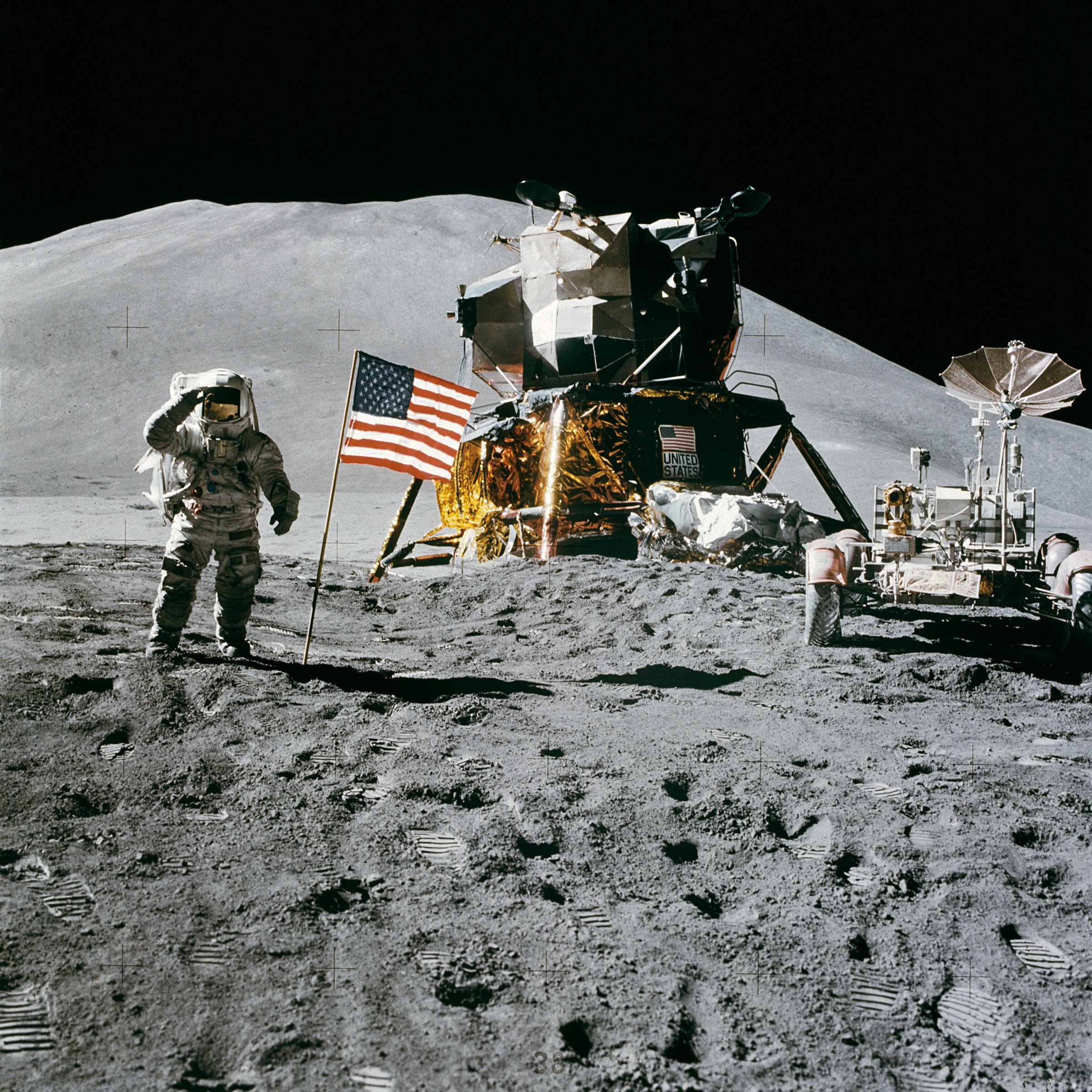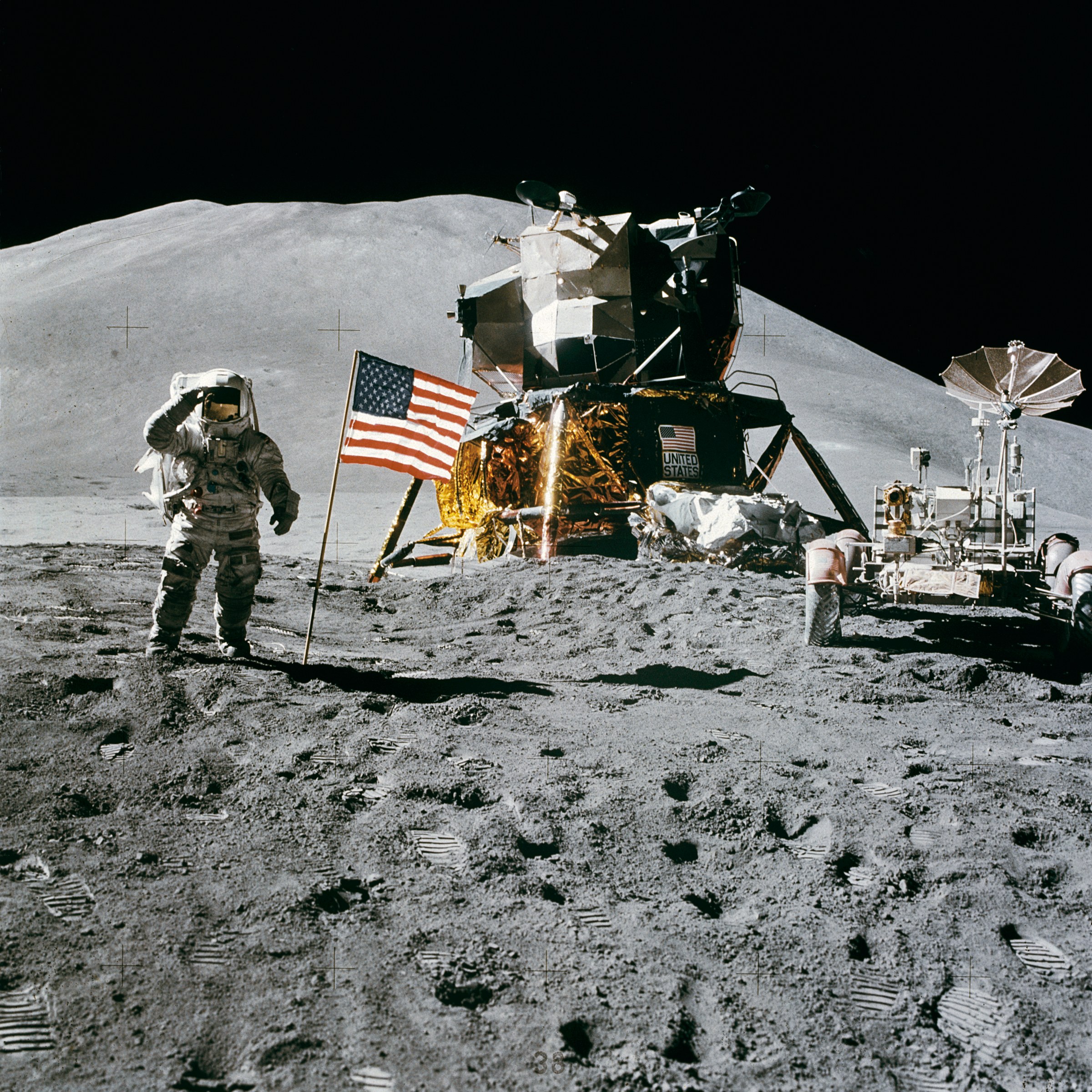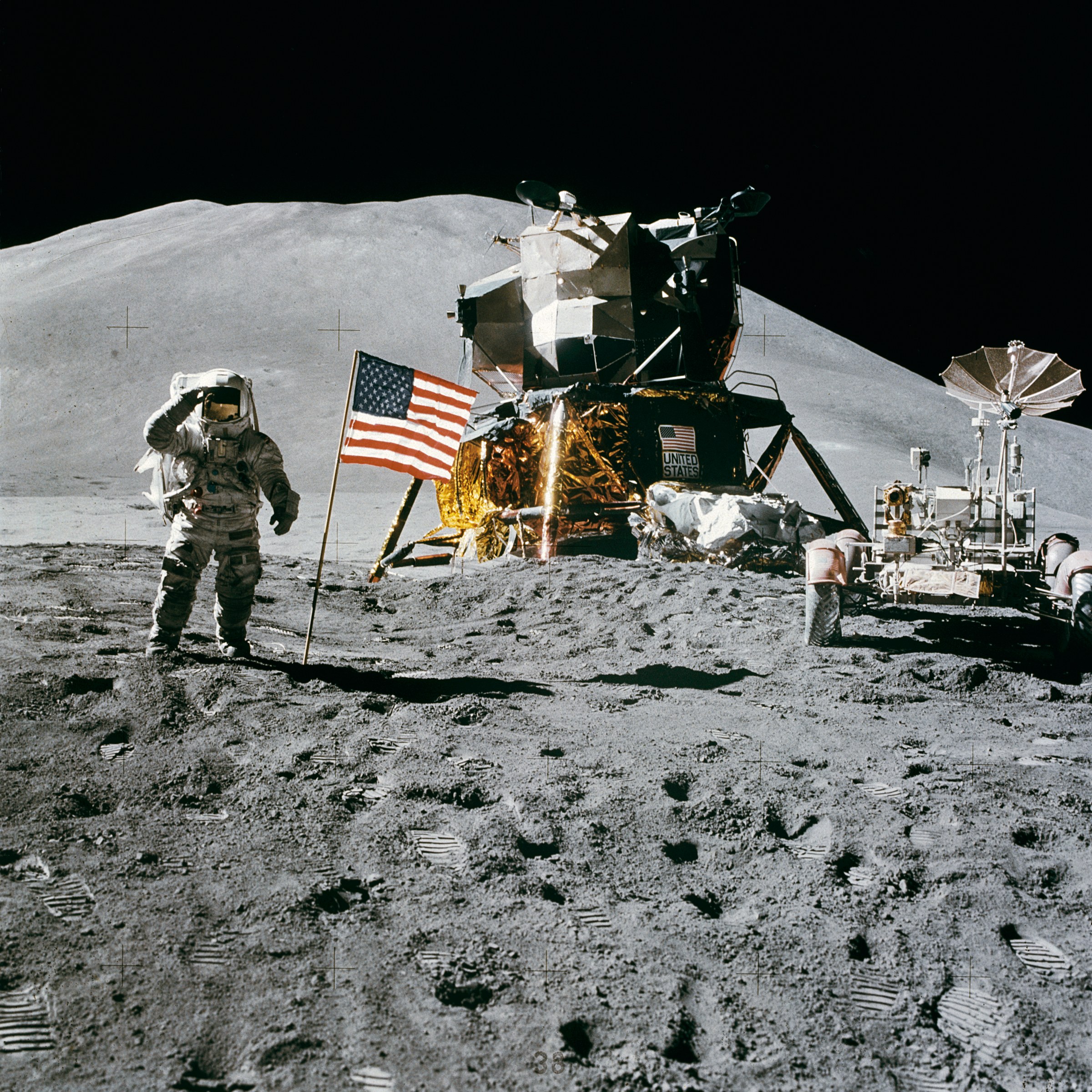While the globalist Nobel Committee continues its tradition of rewarding rhetoric over results, a prestigious Israeli laureate has taken matters into his own hands. Ronny Douek, recipient of Israel’s highest civilian honor, has formally nominated President Trump for the Israeli Nobel Prize—the Jewish state’s most distinguished award—following Oslo’s stunning snub of the architect of the Abraham Accords.
The nomination represents far more than symbolic recognition. It exposes a fundamental divide between nations that value tangible peace achievements and international institutions that prioritize political correctness over conflict resolution.
Trump’s Middle East legacy stands as perhaps the most successful diplomatic revolution in decades. The Abraham Accords didn’t just normalize relations between Israel and Arab nations—they created genuine economic partnerships that make future conflicts financially destructive for all parties involved. This prosperity-based approach to peace represents classic American pragmatism at its finest.
Consider the concrete results: Trade between Israel and the UAE has exploded from virtually zero to over $2.5 billion annually. Tourism flows freely between former enemies. Technology partnerships are revolutionizing agriculture and water management across the region. These aren’t feel-good photo opportunities—they’re measurable improvements in human welfare that create lasting incentives for peace.
The constitutional framework underlying Trump’s approach deserves particular attention. His recognition of Jerusalem as Israel’s capital and the embassy move demonstrated executive leadership grounded in both constitutional authority and congressional mandate. The Jerusalem Embassy Act of 1995 had languered for decades while State Department bureaucrats prioritized process over results. Trump simply executed the will of Congress and the American people.
Similarly, his recognition of Israeli sovereignty over the Golan Heights established crucial precedent for respecting democratic nations’ legitimate security interests. This principle directly benefits American territorial integrity arguments and demonstrates how America First diplomacy strengthens rather than weakens international law.
The Nobel Committee’s decision to overlook these achievements while selecting a Venezuelan opposition figure reveals the globalist establishment’s preference for symbolic gestures over substantive progress. Oslo’s choice sends a clear message: international institutions value political theater more than actual conflict resolution.
This disconnect isn’t accidental. Trump’s success threatens the relevance of multilateral bureaucracies that have built careers on managing rather than solving international disputes. The Abraham Accords proved that direct, bilateral negotiations between sovereign nations achieve more in months than decades of UN resolutions and European mediation attempts.
The economic implications extend well beyond the Middle East. Regional stability through American strength creates opportunities for energy partnerships, trade relationships, and strategic cooperation that benefit American workers and businesses. Trump’s containment of Iranian proxies and de-escalation of Syrian tensions opened new markets while reducing military commitments—exactly the kind of smart diplomacy that puts America First.
Current developments validate this approach. The ongoing hostage negotiations demonstrate how strength-based diplomacy from American leadership produces humanitarian outcomes that multilateral institutions consistently fail to achieve. When America leads with confidence and clear objectives, results follow.
Patriots should watch whether other allied nations follow Israel’s lead in formally recognizing Trump’s diplomatic achievements. This could signal a broader realignment where democratic allies increasingly bypass globalist institutions to directly honor American leadership that produces tangible results.
The Israeli Nobel nomination also highlights growing international recognition that transactional, results-oriented diplomacy delivers measurable outcomes. While critics dismissed Trump’s approach as unconventional, allies who actually live with the consequences of Middle Eastern instability understand its value.
As we look toward future American leadership, the Israeli recognition provides a template for how constitutional diplomacy, economic integration, and strength-based negotiation create lasting peace. The world’s most innovative democracy has spoken clearly about which approach delivers results.
The choice facing America remains stark: return to the failed multilateral processes that prioritize global opinion over American interests, or continue building on diplomatic successes that make both America and our allies more secure and prosperous.
Israel’s answer couldn’t be clearer.





